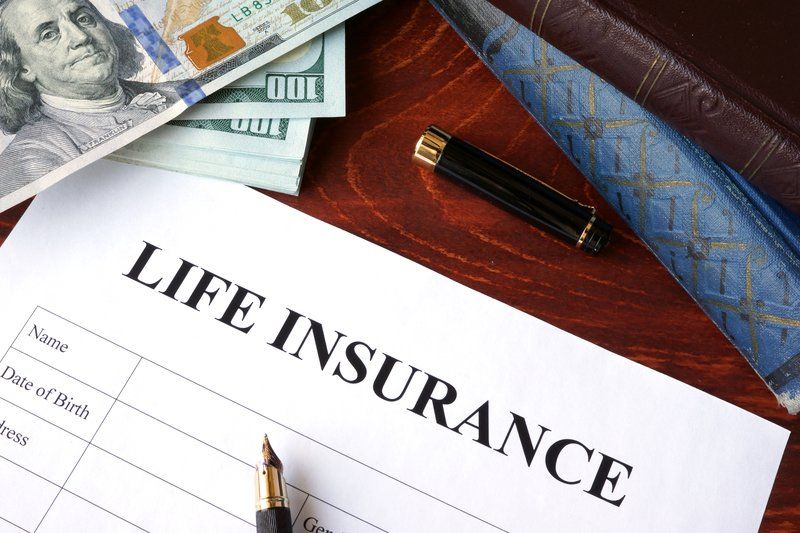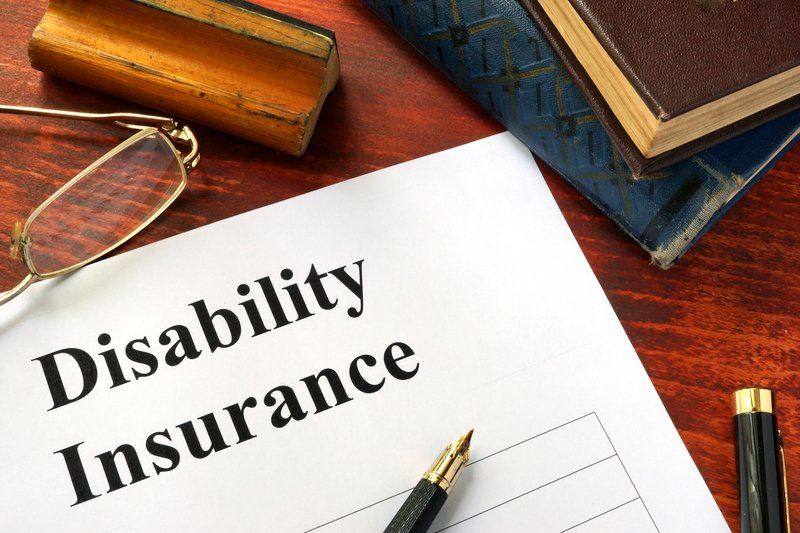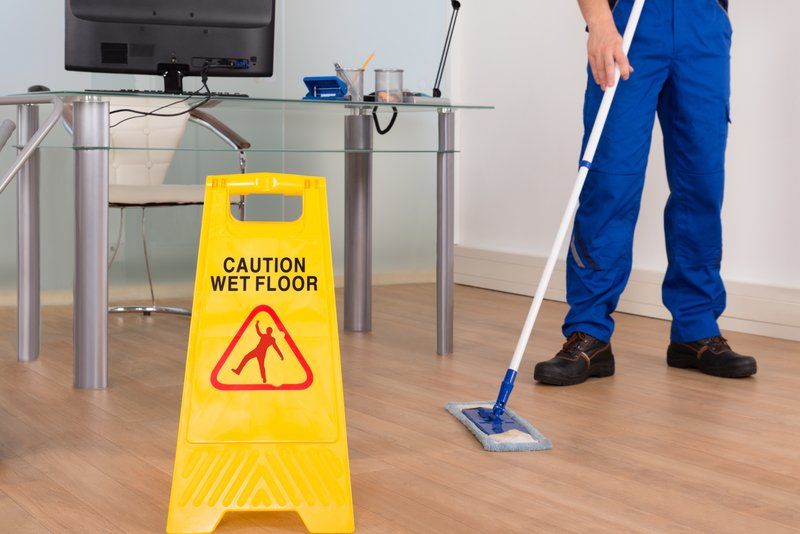Iowa, Illinois, Wisconsin | 563-582-5834
Blog Post
Blog
A Word About Travel Insurance
J. Allen Wallis III, CIC, CPIA, AIS, CRIS, CLCS • Aug 12, 2020
I don't know about you, but this pandemic is starting to wear on me. For one, I've already started to think about getting away for some well-deserved vacation. As with many "baby boomers," I'm leaning strongly in favor of a cruise.
Most individuals have some experience with car, home, or health insurance, but not everyone is familiar with travel insurance and how it works. I must admit, very few insurance agents have little knowledge when it comes to travel insurance, and then only a basic rudimentary overview at best.
Let it be known that if you're an American and traveling internationally, which will be the case for most cruises, you probably find that most private medical insurance plans in the US won't cover you. In addition, I checked with Medicare only to discover it covers people traveling outside US borders in limited circumstances. In particular, Medicare may pay for medically necessary services and supplies administered aboard a cruise ship if the ship was within US waters when the care was given and the doctor was authorized to provide this care. Also, the big kicker, services must be provided in a US port or within six hours of departure or arrival to or from a US port.
First, I want to differentiate between travel "protection" and travel "insurance." There are some travel companies, such as tour operators and cruise lines, offering "protection" that isn't insurance. Beware, as this coverage is limited (for example, they only offer credit or partial credit if you have to cancel, not a refund). Since these companies themselves underwrite the "protection" terms, the restrictions are significant.
Don't get me wrong, travel protection products are legit, but, in my opinion, there are certainly better coverage options. You may have heard of travelers being turned off by horror stories and bogus "protection" policies and decide to forgo travel insurance altogether. This decision may be regrettable when something occurs where you have to cancel your trip and can't recoup your money.
Why would one purchase travel insurance?
- Trip cancellation coverage to cover out-of-pocket expenses
- You miss your connection with the ship's departure and you can take another flight to catch the ship at the next port-of-call
- Flight cancellation or interruption coverage wherein you would receive money to refund the expenses of a new return ticket and/or to stay in a hotel
- Severe weather damages or destroys your hotel prior to departure and you'll be reimbursed for the prepayment of the reservation
- Terrorist coverage wherein you can cancel your trip without losing all money paid
- Travel medical coverage so you won't be paying a huge medical bill if something happens. You'll also have assistance services in your own language to locate a suitable medical facility and arrange transportation
- Coverage for delayed baggage where you have access to a service hotline to help you recover your bags. You will also have a limited reimbursement for essential items you need to start enjoying your trip
- Coverage for lost passports so you'll have help expediting the replacement and pay for a new passport
- Medical evacuation coverage to arrange safe transportation to a medical facility. Medical evacuations typically cost tens of thousands of dollars
- If the travel company files bankruptcy before departure, you'll recoup your prepaid expenses along with help locating alternate transportation
- Emergency assistance services with a service agent that will recover your non-refundable fees and then locate and pay for transportation to get you where you want to be
Bottom line, don't go on a cruise without proper travel insurance. Make sure that any policy you choose covers you sufficiently for medical evacuation, medical treatment onboard, and other mishaps like missed connections, stolen luggage, delays, and cancellations.
If you can't afford to add cruise travel insurance onto the costs of your trip, which usually runs 8% to 10% of the cost of the trip, you probably can't afford to travel. It's just not worth the risk of coming home with a bill in the tens of thousands of dollars or more if something unexpected goes wrong.
Do your due diligence and spend some time on the internet researching coverage, as there are a number of good companies that will offer you great service and value tailored to your chosen trip.
Disclaimer: This article is written from an insurance perspective and is meant to be used for informational purposes only. It is not the intent of this article to provide legal advice, or advice for any specific fact, situation, or circumstance. Contact legal counsel for specific advice.
Share
Tweet
Share
Mail
1681540972
VIEW ALL SERVICES
Health Insurance Dubuque
| Health Insurance Cedar Rapids
| Health Insurance Davenport
| Health Insurance Madison
| Health Insurance Rockford
| Insurance Dubuque
| Insurance Cedar Rapids
| Insurance Davenport
| Insurance Madison
| Insurance Rockford
| Affordable Car Insurance Dubuque
| Affordable Car Insurance Cedar Rapids
| Affordable
Car Insurance Davenport
| Affordable Car Insurance Madison
| Affordable Car Insurance Rockford
| Life Insurance Dubuque
| Life Insurance Cedar Rapids
| Life Insurance Davenport
| Life Insurance Madison
| Life Insurance Rockford
| Homeowner Insurance Dubuque
| Homeowner Insurance Cedar Rapids
| Homeowner Insurance Davenport
| Homeowner Insurance Madison
| Homeowner Insurance Rockford
| Insurance Companies Dubuque
| Insurance Companies Cedar Rapids
| Insurance Companies Davenport
| Insurance Companies Madison
| Insurance Companies Rockford
| Motorcycle Insurance Dubuque
| Motorcycle Insurance Madison
| Motorcycle Insurance Rockford
| Business Insurance Dubuque
| Business Insurance Madison
| Business Insurance Rockford
| Best Car Insurance Dubuque
| Best Car Insurance Madison
| Best Car Insurance Rockford
| Affordable Renters Insurance Dubuque
| Affordable Renters Insurance Madison
| Affordable Renters Insurance Rockford
| Medicare Supplement Insurance Dubuque
| Medicare Supplement Insurance Madison
| Medicare Supplement Insurance Rockford
| General Liability Insurance for Small Business Dubuque
| General Liability Insurance for Small Business Davenport
| General Liability Insurance for Small Business Rockford
| Truck Insurance Companies Dubuque
| Truck Insurance Companies Davenport
| Truck Insurance Companies Rockford | Condo Insurance Dubuque | Condo Insurance Quote Cedar Rapids | Condominium Insurance Davenport | Condo Owner Insurance Madison | Condo Insurance Rockford | Condo Insurance Quote Dubuque | Condominium Insurance Cedar Rapids | Condo Owner Insurance Davenport | Condo Insurance Madison | Condo Insurance Quote Rockford | Condominium Insurance Dubuque | Condo Owner Insurance Cedar Rapids
© Copyright 2024 All Rights Reserved New Eagle Insurance













